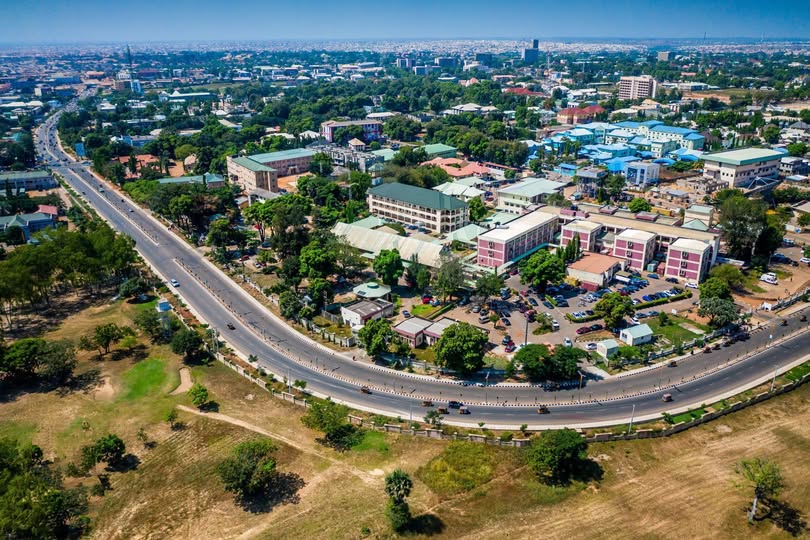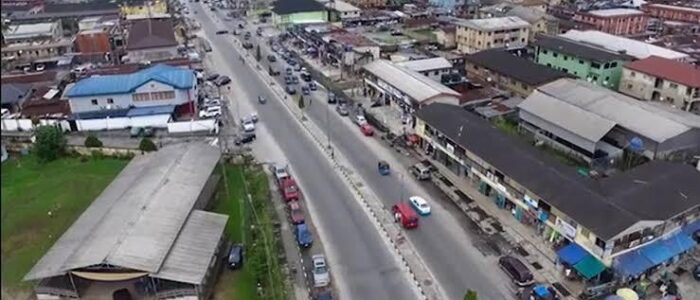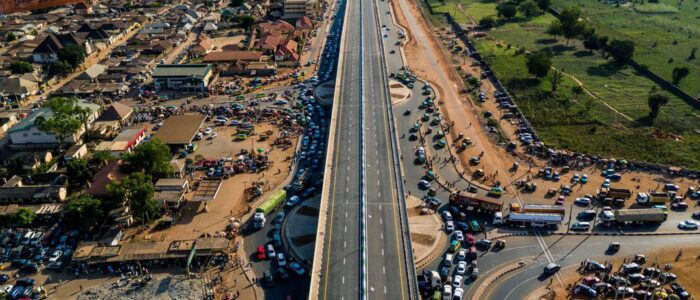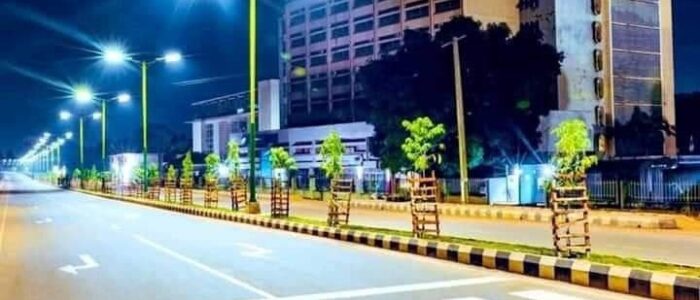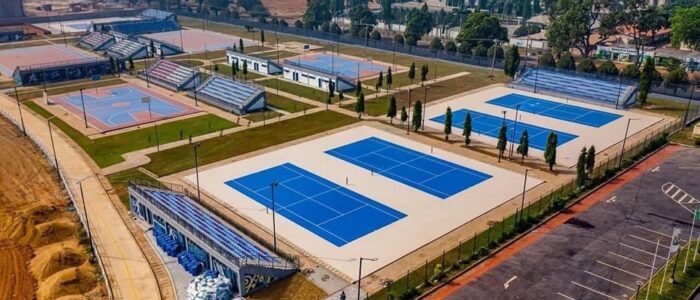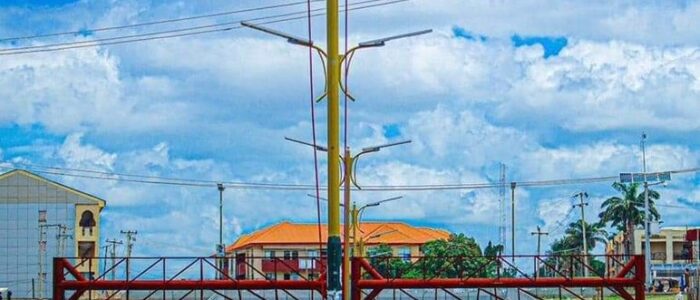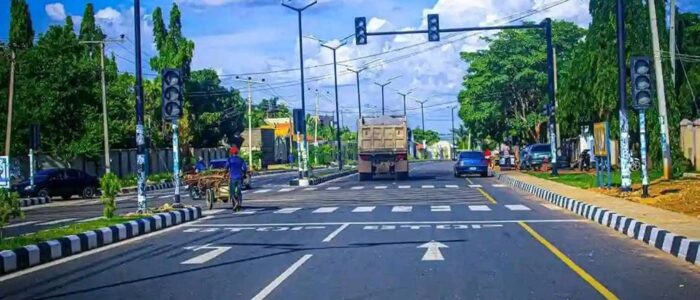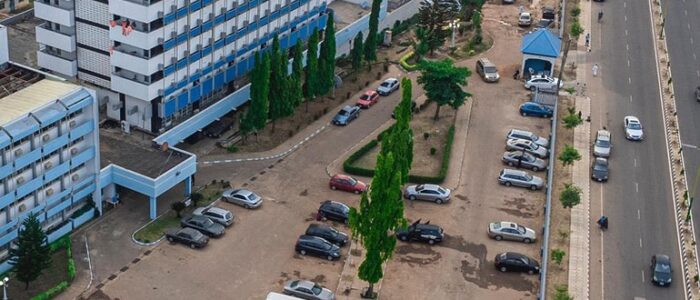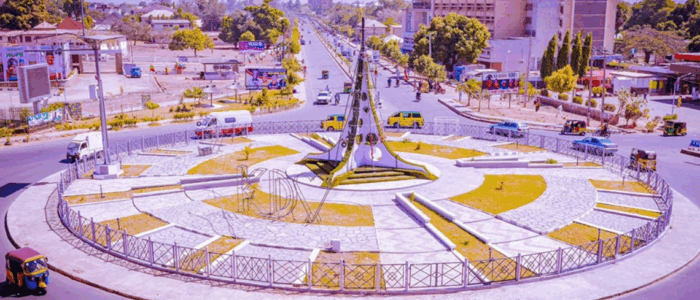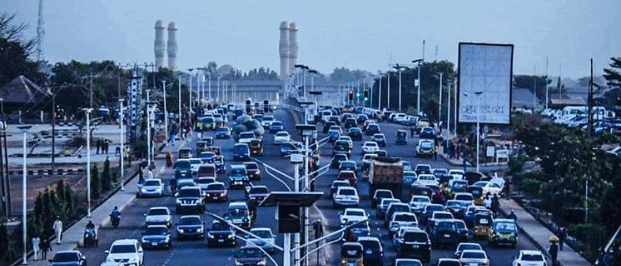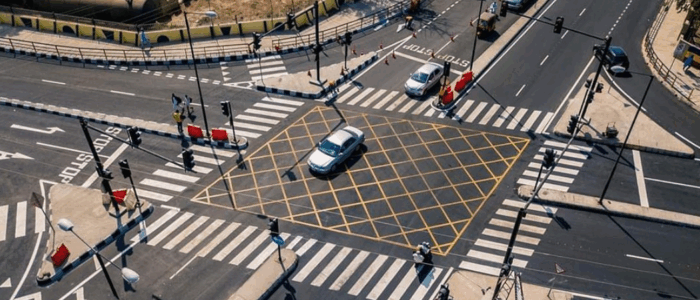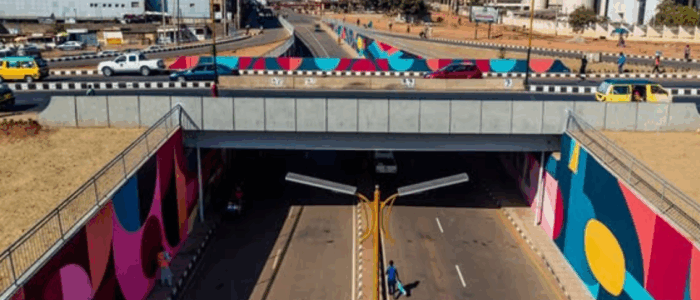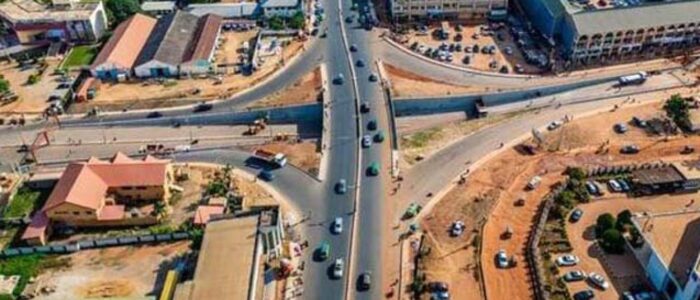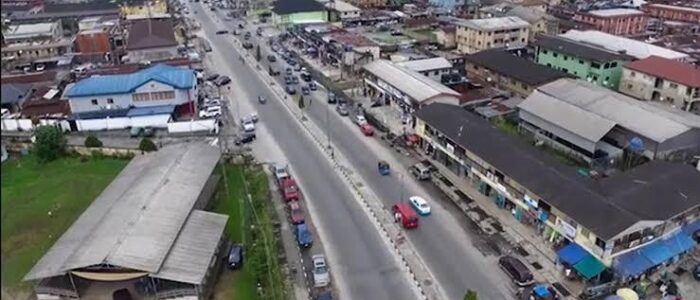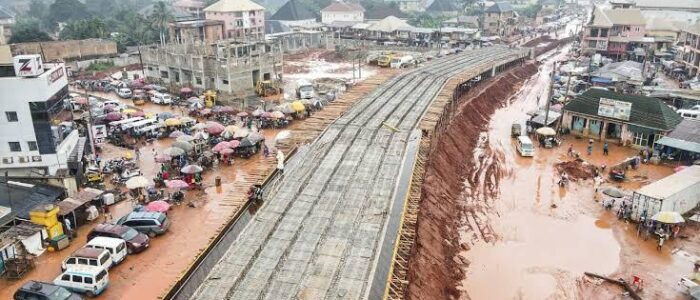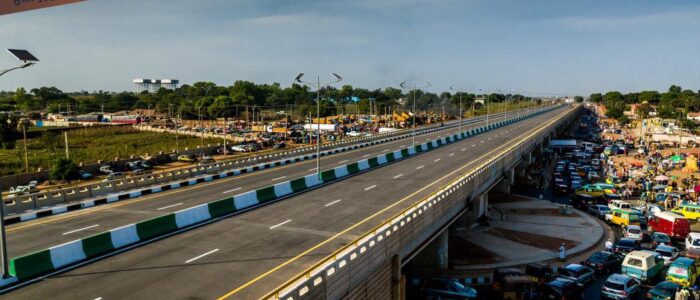The City Guide is envisioned as an engaging and informative section dedicated to helping both residents and visitors explore the rich historical, cultural, recreational, and commercial offerings of Kaduna State. The content would be structured in themed sub-sections to provide a comprehensive tour of the state’s diverse assets, while also reinforcing Kaduna Outlook’s role as a community-centered and culturally aware platform.
One of the foundational areas to cover is Historical Landmarks, which are key to understanding Kaduna’s origins and political evolution. Important colonial-era structures such as Lord Lugard’s Residence, Arewa House, Lugard Hall (the Kaduna State House of Assembly), and the old Kaduna Railway Station should be featured. Each landmark can be presented with historical background, notable events or persons associated with it, and visitor information. These entries will serve educational purposes while encouraging historical tourism among locals and diaspora visitors.
Closely linked to history is the coverage of Cultural Attractions and Heritage Sites. Kaduna’s diverse ethnic makeup provides fertile ground for showcasing traditional institutions, festivals, and heritage centers. The City Guide can explore places like the Kaduna Museum, the Nok Terracotta Centre in Jaba, and the National Museum of Unity. Cultural events such as the Durbar in Zaria, Gbagyi Day, and Bajju Cultural Day could also be profiled, including how they’re organized, their significance, and tips for participation. By archiving and promoting these cultural expressions, Kaduna Outlook can support cultural preservation and pride.
Another key category is Recreational Parks and Natural Sites, which cater to residents seeking leisure and tourists exploring scenic or family-friendly destinations. The guide would spotlight locations such as Kofar Gamji Park, Gamji Amusement Park, Kaduna Polo Club, and Kaduna Golf Club. More adventurous options like Kagoro Hills in Southern Kaduna and Kamuku National Park in Birnin Gwari could also be included. Each site can be described with information about entrance fees, best visiting hours, facilities available, and activities to enjoy.
For those interested in the everyday rhythm of the city, we can have Markets and Commercial Hubs section which will provide insight into Kaduna’s vibrant marketplaces. The City Guide can profile bustling markets like Kasuwan Barci, Sheikh Abubakar Gumi Market, Sabon Tasha Market, and Kaduna Central Market. These areas offer more than just commerce, they are cultural experiences filled with local food, crafts, textiles, and lively social interactions. Descriptions can include what to buy, when to visit, and how to navigate or bargain effectively.
In terms of food and social culture, the City Guide might dedicate a section to Places to Eat and Drink. Kaduna’s culinary landscape includes a blend of traditional Hausa cuisine, northern delicacies, and continental meals. The guide can recommend popular spots such as Bakin Dogo Suya Spot, Mees Palace Lounge, and Yarim Café, as well as lesser-known “Mama Put” joints and roadside grills. Articles can feature menu samples, chef interviews, and customer reviews to give readers an immersive food experience.
Kaduna’s urban vibrancy also warrants coverage of Entertainment and Nightlife. Venues such as Club 030, Jodeci Lounge, and NAF Club could be profiled alongside cultural hubs that offer live music, spoken word poetry, or comedy nights. This section could also include event-based contents such as weekly gig schedules, DJ spotlights, or “what’s on this weekend” features. Including nightlife options helps present Kaduna as a socially active and youth-inclusive city.
Equally important is a respectful and informative section on Religious Sites, which are integral to Kaduna’s spiritual and architectural identity. Significant locations like the Sultan Bello Mosque, St. Joseph’s Catholic Cathedral, and ECWA Goodnews Church would be covered. These entries can focus on architectural beauty, interfaith coexistence, worship schedules, and guidelines for non-worshipper visits. Such content promotes religious understanding and responsible tourism.
The City Guide can also serve as a dynamic calendar by documenting Events and Festivals. Kaduna hosts a growing list of cultural and intellectual gatherings, including the Kaduna Book and Arts Festival (KABAFEST), Kaduna International Film Festival, Kaduna Marathon, and Durbar processions. For each event, the guide can offer previews, participation info, ticketing tips, and highlights from past editions. Promoting these events encourages community involvement and tourism.
In addition to destinations, the guide could assist with Transportation and Mobility within the state. This includes providing practical information on Kaduna’s BRT bus routes, the Kaduna–Abuja train from Rigasa station, airport shuttles, and local transport options. Clear, helpful directions and pricing guides would be beneficial, especially to new visitors. The inclusion of interactive maps or downloadable transport schedules could be explored to improve user convenience.
To support tourism and business travel, a section on Where to Stay would also be valuable addition. From luxury resorts like Fifth Chukker and Asaa Pyramid Hotel to mid-range hotels such as Hotel Seventeen and affordable lodges, Kaduna’s hospitality landscape can be summarized with star ratings, price ranges, amenities, and proximity to major attractions. This section could also suggest eco-lodges or guesthouses near natural parks and heritage sites.
For enhanced engagement, bonus content ideas could include features like “Hidden Gems” (lesser-known cafés, murals, or hiking trails), “Weekend Getaways” (trips to Nok Village, Kagoro, or Kafanchan), and “Kaduna Then and Now” (a historical photo series). A rotating “Local Heroes” feature could spotlight cultural leaders, artists, or entrepreneurs contributing to the city’s development and spirit.
In all, the City Guide can be made more than a list of destinations; it could be made a storytelling hub that brings Kaduna to life, one experience, one tradition, and one community at a time. It can deepen the role of Kaduna Outlook as a people-focused and future-looking digital platform.


